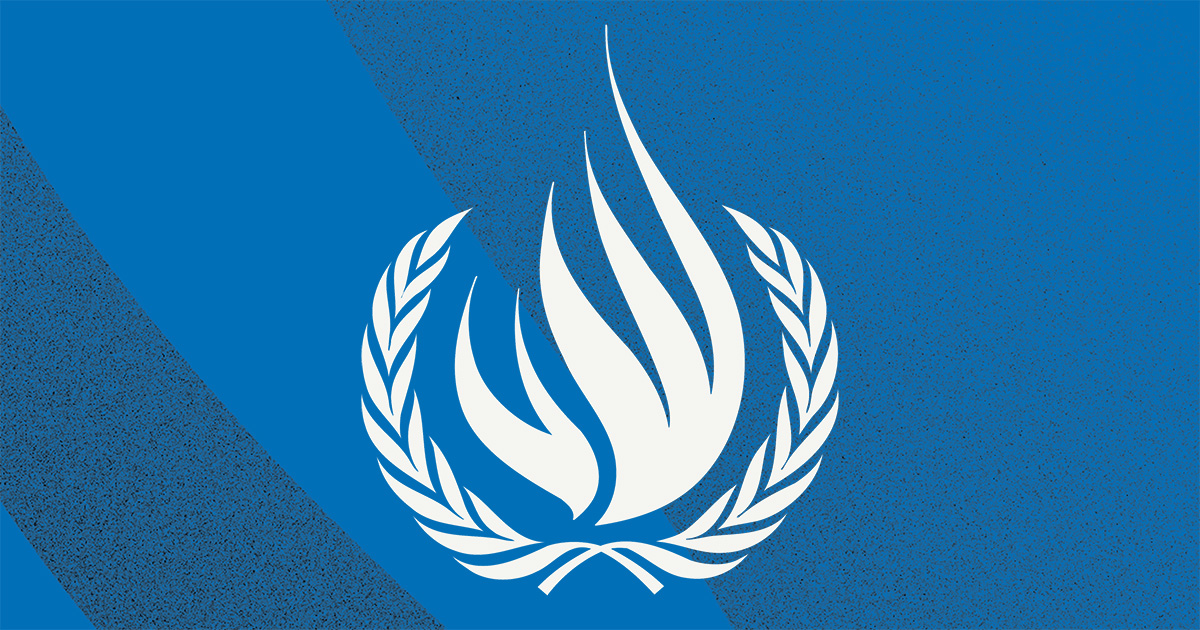
RIYADH: UN Secretary-General Antonio Guterres emphasized the high stakes of climate inaction in a roundtable discussion held during the ongoing COP29 in Baku.
At the High-Level Event on the stocktake of “Integrity Matters” at the gathering, global leaders convened to discuss the urgent need for climate action, reflecting on progress, challenges, and the role of non-state actors in achieving net-zero commitments.
“We are racing the clock,” Guterres said, adding that with extreme weather events bringing “human tragedy and economic destruction worldwide,” the global goal of limiting temperature increases to 1.5 degrees Celsius is becoming progressively more challenging to reach.
Reflecting on the achievements so far, the secretary-general acknowledged the scale of efforts already made, saying: “We did a massive global effort to steer our world onto a pass-through safety, a pass to net zero by mid-century.”
However, he underscored that these efforts will only bear fruit if supported by stronger collaboration across sectors. Guterres urged “businesses, financial institutions, cities, regions, and more” to align with national governments on climate action plans and make coordinated strides toward decarbonization.
“We must make sure that governments facilitate the work of other actors in this regard, and not that they complicate the work of other actors in compliance with the 1.5 aligned future,” he said.
In a show of support for the gathered climate leaders and activists, Guterres said: “Time is racing, and you are on the right side of history, and I’m very glad to be here with you.”
Yet he issued a reminder that while a low-carbon transition is inevitable, “doesn’t mean that it will come on time.”
He stressed that if delays continue, the consequences for the planet could be catastrophic.
Brazilian Vice President Geraldo Alckmin also addressed the assembly, outlining his country’s continued dedication to combating global warming through policies targeting deforestation and renewable energy.
“Brazil has a commitment to fighting climate change,” Alckmin said, adding that in the past two years, the country had achieved a significant 45.7 percent reduction in deforestation rates.
He detailed Brazil’s efforts to shift toward greener fuels, with 15 percent of the nation’s diesel now comprising biodiesel, a fuel derived from plant oils. Alckmin highlighted that Brazil’s ethanol usage in gasoline, which currently stands at 27 percent, is set to increase to 35 percent in the near future.
Additionally, the South American country is aiming to position itself as a leading producer of sustainable aviation fuel, which could replace kerosene in the flight industry, as part of its broader commitment to green energy. “Brazil will be prepared to be a major producer of SAF ethanol,” he said.
Helena Vines Fiestas, chair of the EU Platform on Sustainable Finance, provided an update on climate policies among the G20 countries, highlighting a surge in policies geared toward supporting non-state actors in their net-zero transitions.
“All G20 countries now have policies, or some form of policies, to support the transition of non-state actors to net zero further. The number of policies has tripled since 2020,” she reported.
Fiestas emphasized that while considerable work remains, the international community has demonstrated that net-zero regulation is feasible. “Progress is clear,” she said. “Work lies ahead, but the leaders have demonstrated that regulating on net zero is doable.”
Executive Secretary of the UN Framework Convention on Climate Change Simon Stiell highlighted a new initiative aimed at strengthening transparency in environmental action. He announced that the UNFCCC’s Global Climate Action Portal is undergoing redevelopment to provide better accountability in tracking commitments.
He shared that the portal would be relaunched shortly after COP29 concludes, and he emphasized the role of the entire global community in driving this agenda forward.
Washington State Governor Jay Inslee addressed the concerns around recent political shifts in the US, asserting that state-level commitments to climate action would remain the same
“I know there’s concern about the last election last Tuesday, but I want to make it really clear, if you take anything home from this meeting, this election will not stop, will not slow down, and will not retire the absolute commitment of states to lead this battle against climate change,” he affirmed.
He added: “Donald Trump can do anything he wants, but he cannot stop me from committing to (tackling) climate change in my state.”
Catherine McKenna, chair of the UN High-Level Expert Group on Net-Zero Emissions Commitments of Non-State Actors, emphasized the urgency of high-integrity net-zero plans in her latest report, titled “Integrity Matters: The Hard Work is Now,” presented during the session.
“The leaders highlighted in this review show that high-integrity net zero can be achieved. It’s no longer credible for companies, investors, cities, and regions to claim that moving faster on the climate crisis is too difficult or expensive,” McKenna said. She further urged a “much broader range” of stakeholders to establish comprehensive transition plans by 2025.
McKenna’s report, commissioned by Guterres, underscored that while voluntary net-zero pledges have risen, there remains a significant gap in alignment with rigorous standards, particularly in the phasing out of fossil fuels.
“Voluntary efforts are not sufficient for the scale and pace of change we need to see,” McKenna said, advocating for stronger governmental regulations to ensure credible climate commitments and promote competitive investments.
She added: “Every fraction of a degree matters, and every tonne of CO2 makes a difference. We must do the hard work now, or we will all face the consequences tomorrow.”
Guterres closed with a reminder of the significant obstacles that remain on the path toward net-zero goals. “We need not only to do the right thing, but we need to fight those that are trying not to allow us to do the right thing,” he said.










